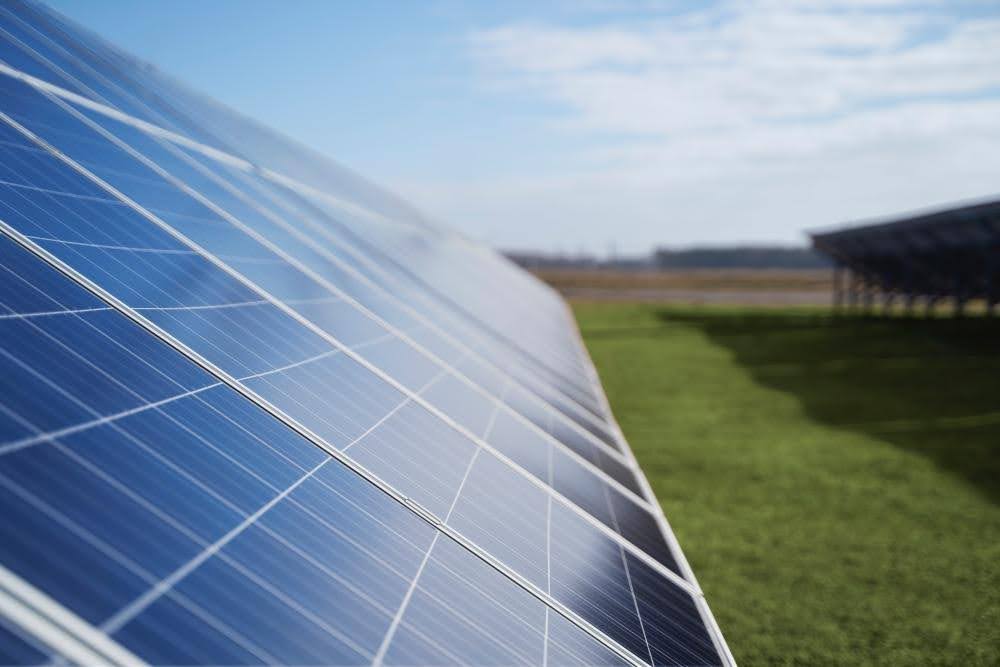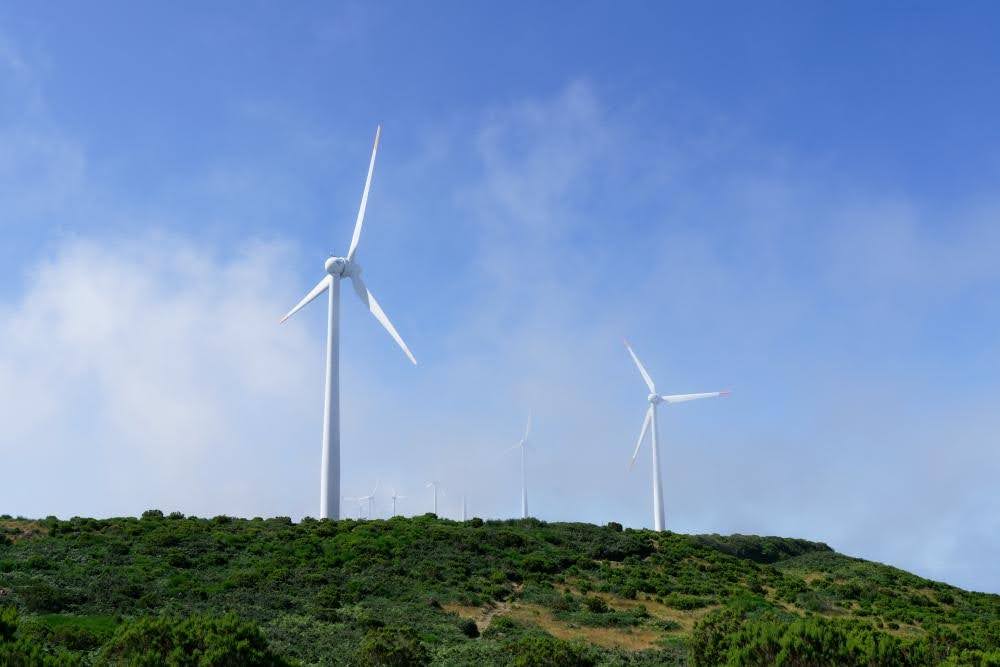
In recent years, Asia has become a focal point in the global movement towards sustainable energy, with nations across the continent setting ambitious energy transition goals. Recognising both the urgency of climate challenges and the economic opportunities of a green economy, countries within Asia are increasingly integrating renewable energy into their national agendas.
This commitment to energy transition is marked by substantial renewable energy investment, as each country explores pathways to reduce its dependency on fossil fuels. Within this context, digital solutions developed by REDEX have become vital, facilitating the management of renewable energy sources and supporting Asia’s shift towards a low-carbon future.
Regional Goals and Commitments
Asian countries have outlined specific energy transition targets, with commitments that underscore the collective drive towards renewable energy.
For instance, Japan aims to achieve carbon neutrality by 2050, with a focus on expanding its renewable energy portfolio to include wind, solar, and hydrogen power. Similarly, South Korea has committed to reaching net-zero emissions by 2050, mainly through promoting clean energy solutions and enhancing the efficiency of its energy infrastructure.
As a region, Southeast Asia is also working toward shared goals under the ASEAN Power Grid initiative, which encourages interconnectivity among countries to enable efficient sharing of renewable electricity across borders. Such regional projects support a more resilient and sustainable energy system.
The ASEAN power grid exemplifies this collaborative approach, aiming to increase access to renewable energy for all member states. These countries can balance power needs through an interconnected grid while mitigating localised emissions, ultimately supporting Asia’s energy transition mechanism.
To further accelerate this momentum, regional bodies are working on establishing certified renewable energy standards to ensure that green energy practices are consistent and verifiable across different nations.
REDEX’s Contribution
Achieving energy transition goals in Asia comes with its share of challenges. Infrastructure constraints, funding limitations, and policy differences across nations can hinder the speed of transition.
For instance, many Asian countries like China and India still rely heavily on coal and other fossil fuels, making it difficult to pivot quickly to renewable energy. There are also practical challenges in scaling up renewable energy sources to meet growing demand, particularly in rapidly developing countries with rising energy needs.
To address these challenges, innovative solutions are emerging. Cross-border partnerships, like the ASEAN Power Grid, foster regional cooperation to overcome individual country limitations.
Moreover, the adoption of an energy transition mechanism, which includes incentives for renewable energy development and carbon-reducing technologies, is helping governments attract the investments needed for sustainable energy projects.
In this context, digital solutions developed by REDEX play a crucial role, allowing stakeholders to participate in transparent, efficient transactions for certified renewable energy. For instance, REDEX developed REHash, Asia’s leading Renewable Energy Certificate (REC) platform that enables entities to conveniently adopt renewable energy. By simplifying access to green energy markets, REDEX helps organisations overcome regulatory and logistical hurdles, accelerating Asia’s renewable energy transition.

Future Outlook
The future of energy transition in Asia holds exciting possibilities as countries continue to innovate and invest in renewable energy infrastructure. Emerging technologies like hydrogen energy and battery storage solutions are likely to become more prominent, supporting the reliability of renewable energy sources.
Additionally, with increasing solar and wind energy investments, many Asian countries are on track to make renewables a cornerstone of their energy systems.
Over time, as renewable energy sources become more cost-effective, they are expected to further decrease Asia’s reliance on imported fossil fuels. This shift will reduce emissions and enhance energy security across the continent.
Platforms like REHash are expected to grow in influence, supporting real-time management of renewable energy portfolios and contributing to the transparency and integrity of green energy markets. With REHash and other solutions by REDEX facilitating Asia’s energy transition, the region is set to play a leading role in global climate initiatives.
Empowering the Future of Clean Energy
The journey toward energy transition in Asia is a collaborative effort, with digital solutions developed by REDEX amplifying the potential for a sustainable future. By offering streamlined access to certified renewable energy, REDEX empowers businesses and governments to meet their renewable energy goals with transparency and efficiency.
As the continent continues to embrace clean energy solutions, the momentum built today will pave the way for a resilient, low-carbon Asia. This ongoing commitment to green energy demonstrates that Asia is not only keeping pace but actively shaping the future of renewable energy on a global scale.

